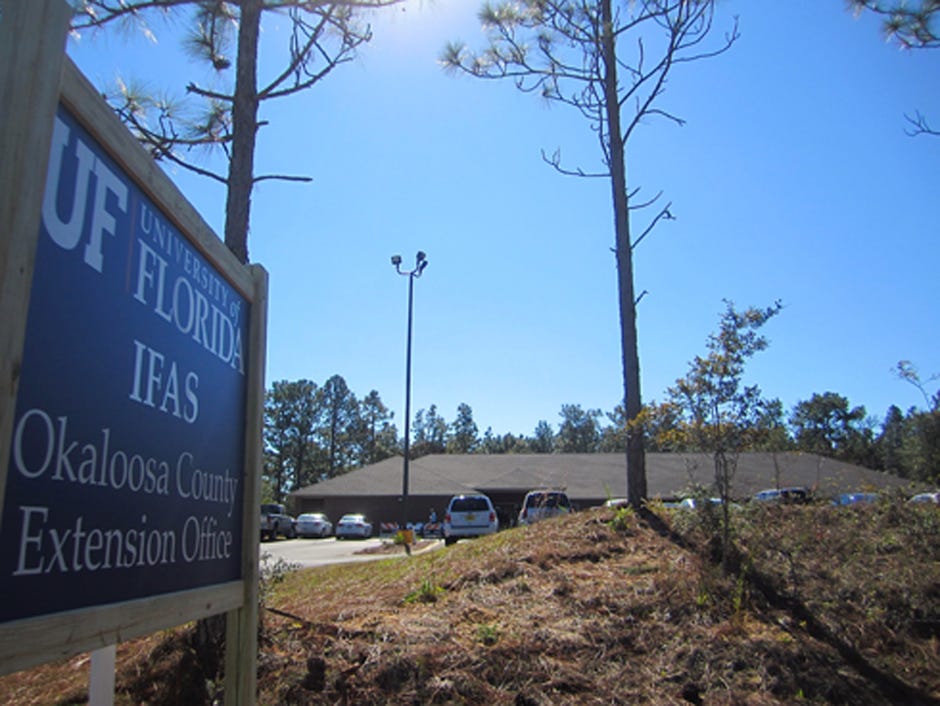Just a few days ago, Hurricane Sally made her presence be known in Okaloosa County. Although she was not as strong as her predecessors Ivan and Opal, she took her time and did her fair share of damage to homes and left thousands flooded and without power.
One primary concern during a storm or flood is power outages. Without power, we lose access to many amenities, including air conditioning, hot water, and refrigeration for our food. I am often asked how do we know food is safe after a power outage. Like most things, your best defense to prevent foodborne illness and food waste is a good offense.

Here are a few ways to prevent food spoilage after a power outage:
1) Keep your freezer at 0 degrees Fahrenheit and your refrigerator at 40 degrees or below. You can ensure these temperatures by purchasing appliance thermometers and monitoring them. These are generally available at local grocery or retail stores for around $5.
2) Keep frozen items grouped together so that they keep themselves cold. Put containers of frozen water or gel packs in the refrigerator to maintain a cold temperature.
3) Minimize how many times you open the refrigerator or freezer; cold air can be lost quickly and can not be replaced in a power outage. A full freezer can hold its temperature for 48 hours and a fridge for four hours.
4) When in doubt, throw it out. Never taste food to help determine if it is safe; you cannot see or taste some types of severe foodborne causing bacteria, spores, or toxins. Tasting spoiled food can cause serious health issues leading to hospitalization or even death.
According to foodsafety.gov, in the case of flooding, move nonperishable foods onto higher shelves to avoid wet floors and water. Discard any damaged food, i.e., wet food, food on the floor, food that hasn’t been stored in waterproof containers, food kept in cardboard containers, home-canned foods, and any food stored in containers with holes, denting, swelling, or leakage.
Remember to sanitize cooking and serving utensils such as pots and pans and silverware. Also, sanitize any undamaged metal cans after you remove the labels. Mark the type of food on these cans and the expiration dates; this can be done with a permanent marker.
Making your own sanitizing solution can be done by mixing 1 tablespoon of household bleach to 1 gallon of water. Be sure to label any container you use to store this solution.
Food waste and food spoilage can be a costly effect of a power outage or flood. Make sure food safety is in your future storm plan so that you minimize the cost of food loss and prevent foodborne illness.

For more information, please contact Family and Consumer Science Agent Jill Breslawski, with the UF/IFAS Okaloosa County Extension, at 850-612-9700 or jbreslawski@ufl.edu.
Jill Breslawski is an agent at the University of Florida's Institute of Food and Agricultural Sciences Extension office in Crestview.
This article originally appeared on Crestview News Bulletin: EXTENSION CONNECTION: 4 ways to prevent food spoilage after a power outage
